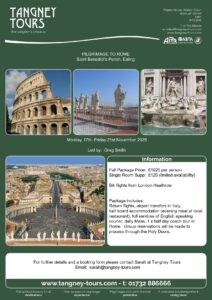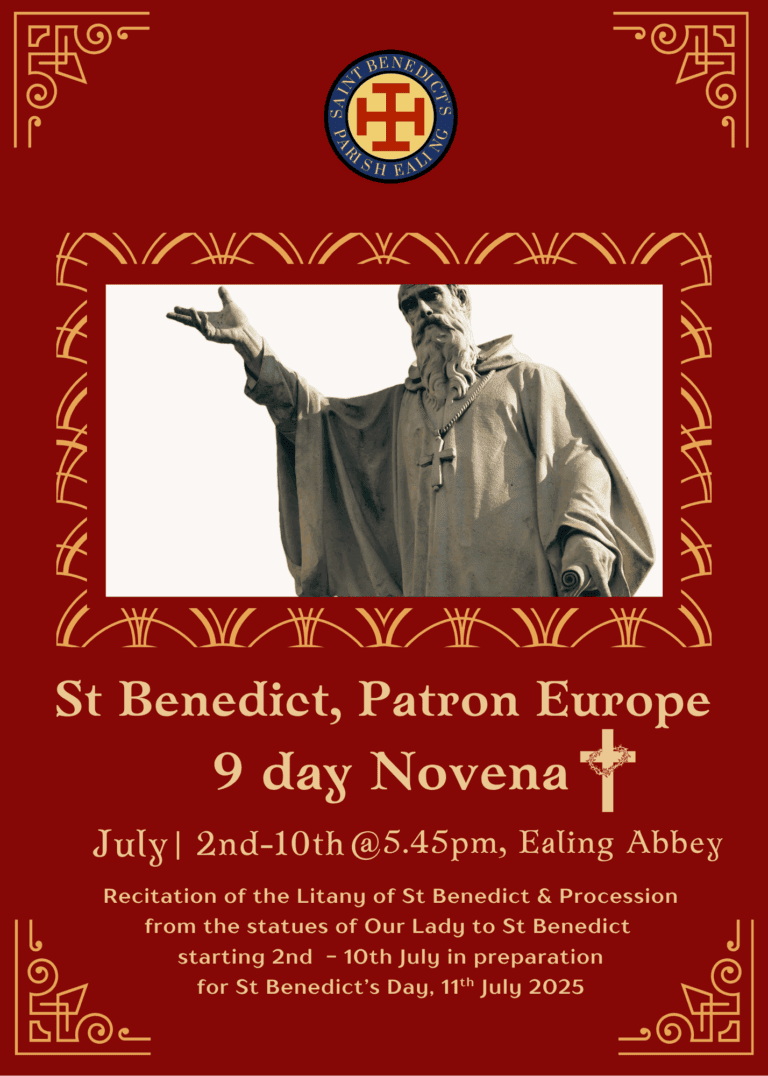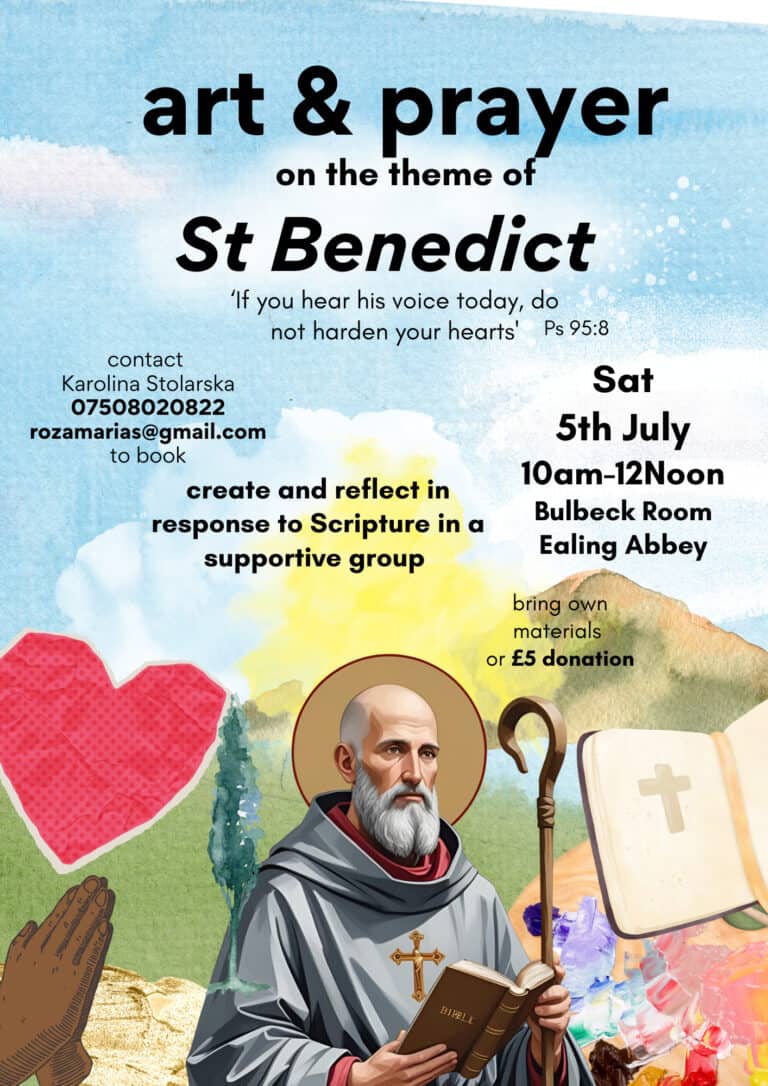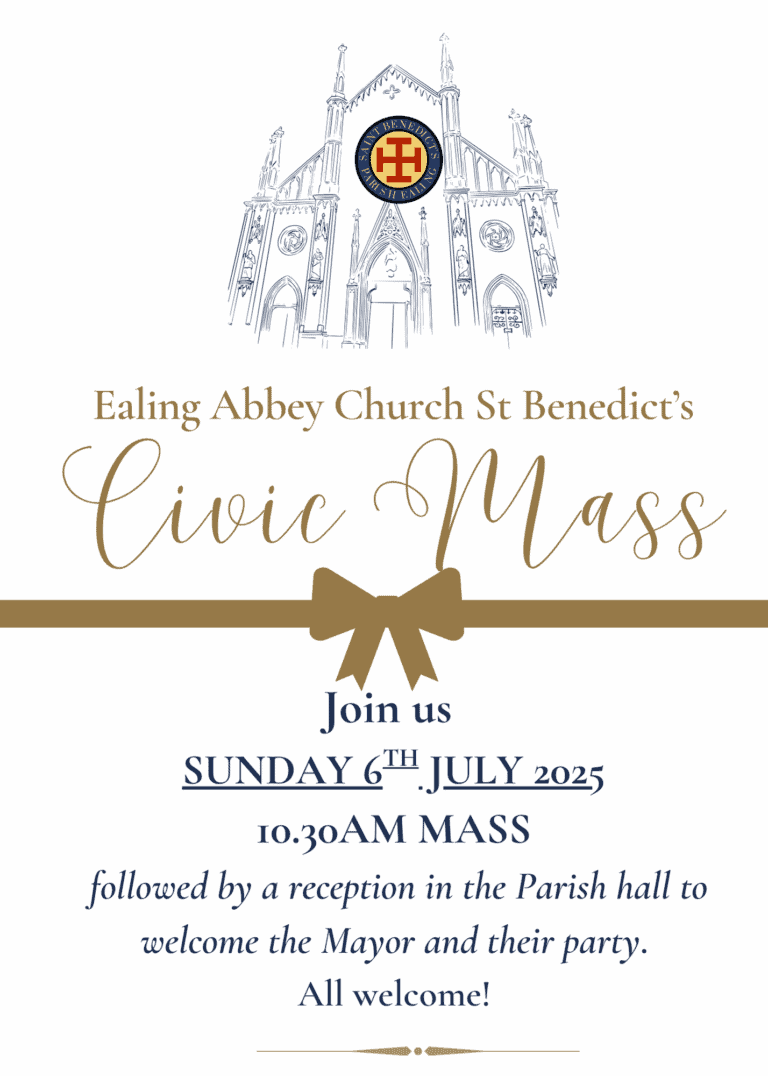Dear Parishioner,
I was struck by these words I came across from a letter of June 1721:
I have every day of my life since twenty years old grown more and more of opinion that the less one has to do with what is called the world the more quiet of mind; and the more quiet of mind the more happiness.
They were written by John Vanbrugh, a successful playwright and architect who designed two of England’s grandest stately homes, Castle Howard and Blenheim Palace. He was a man of the world if ever there was one and caught up in worldly affairs for most of his life – including the labours of dealing with theatrical people and patrons alarmed by his increasingly expensive architectural ambitions. This is perhaps the reason why he also clearly experienced what I think is the universal human longing for simplicity, stillness and quiet in which we can be aware of the presence of God, knowing that this is what will bring us real happiness and fulfilment.
There is, however, something of a paradox here. The world, we believe, is God’s creation given to us as our home. There is nothing wrong with it in itself, quite the contrary – as God’s creation it is essentially good. St. Ignatius of Loyola says that everything in the world can be a means for us to know God, and often enough we do find intimations of God in the world around us.
I was, for example, staying once at a house by the sea of Galilee overlooking the lake, and some people in my group said I should get up early to see the sunrise. One morning I did wake up early and looked out just before dawn. Towards the other side of the lake the sky gradually lightened, and then almost all at once, it seemed, the sun emerged – and it was enormous, a huge radiant golden ball rising over the hills. There can hardly be any more magnificent sight to be seen anywhere. Scientists tell us that the sun is so many years old, a mixture of flaming gases and so on, but to see it in the way I did is to know that it is far more than that – a sign of the glory and majesty of the creator God. William Blake said that in looking at the sun we do not see just a golden coin, but an innumerable company of the heavenly host crying ‘Holy, holy, holy is the Lord God Almighty!’
We look through the eye, but not with it, as Blake says, for the sign, however magnificent it may be, is not the full reality of God. Jesus in his parables uses images from the natural world to suggest the nature of God’s kingdom. It is like treasure buried in a field, or it is like a fine pearl one may search for, or it is like a net thrown into the sea which collects fish of all kinds. It is like these things, but it goes beyond them, it cannot be contained within any one image.
The paradox, therefore, is that as well showing us signs of God, the world can just as much mislead and distract us from knowing him, especially if we get too attached to it. This is why St. Ignatius says that we should value everything in it insofar as it does help us to know God, but be prepared to sit lightly to it if it does not. We need to develop a sense of what he calls indifference. That does not mean not caring. It is more like a sense of poise, of being able to distinguish what helps us from what does not, of being able to go one way or another.
Ignatius has rules for this process of discernment, but it is never easy. We get things wrong, we make mistakes, we become overattached to certain things – power, riches, fame – the worldly world in which Vanbrugh moved for most of his life. The great king Solomon is known for his wisdom and in this Sunday’s first reading we hear what this means. God commended him for his understanding heart. ‘”Since you have asked for this,” the Lord said, “and not asked for long life for yourself or riches or the lives of your enemies, but have asked for a discerning judgment for yourself, here and now I do what you ask. I give you a heart wise and shrewd as none before you has had and none will have after you.”’
This, then, is what we need above all, a discerning heart to judge wisely the things of this world. We can ask God for it, but also the more time we can spend listening to God, being open and attentive to his presence in the world and in ourselves the more that heart will grow within us.
At the heart of a hurricane or tornado there is always a still centre. As the world around us seems ever more stormy and unpredictable the still centre which is God is our surest refuge.
Wishing you every blessing,





